Empowering an MCP server with a telemetry pipeline
This blog was authored by Jason Bloomberg, Managing Director, Intellyx BV
Observability depends upon telemetry – the data streaming from various applications, services, and systems that indicate their internal state in real-time. Various tools consume such telemetry to enable both operational and cybersecurity tasks.
Telemetry pipelines like Mezmo’s have long supported the full range of Ops and SecOps tooling by processing, enriching, and normalizing all the various telemetry streams that feed such tools.
Today, virtually every Ops and SecOps tool leverages AI to provide insights into observability data while supporting operators with human language interfaces that improve productivity and efficiency.
This exploding demand for data to drive AI models requires an integration protocol that supports the context that drives such insights.
To this end, the model context protocol (MCP) has entered the technology lexicon, providing an AI-friendly protocol that acts as a bridge between AI agents and other applications and various external data sources.
Included in the MCP standard is the concept of an MCP server, which acts as a ‘smart adapter’ that supports AI requests. Doesn’t it make sense, therefore, for a telemetry pipeline like Mezmo’s to support as an MCP server?
Understanding MCP and MCP servers
Introduced by Anthropic in November 2024, the MCP is an open standard, open-source framework that standardizes the way large language models (LLMs) integrate and share data with various tools and other systems.
In the few months since its launch, MCP has taken the AI world by storm, as it addresses many of the integration issues with LLMs, and in turn, it has become essential for agentic AI as well.
The MCP standard specifies MCP clients and servers. MCP servers enable AI systems to leverage data beyond their core model. Such servers can take requests from such systems and translate them into commands that each target tool understands.
All-important context
As the ‘C’ in MCP suggests, MCP provides deeper context to AI interactions beyond what alternative integration protocols can provide. This context can include the purpose of each model, what assumptions and scope constrain interactions with models, as well as information about users of each model and evidence of each model’s trustworthiness.
By providing such context, MCP enables integrations that go well beyond individual API calls. MCP even supports tools that come and go dynamically, as it supports retries and access to LLMs in the middle of a task. Such capabilities are essential for interactions with AI agents, which typically behave in a non-deterministic, unpredictable manner.
Without adequate context, in fact, AI cannot reason effectively, leading to a breakdown in trust.
When LLMs fail in production, the underlying cause is unlikely to be the model itself. Rather, it’s probably a failure of context, where the LLM received insufficient or incorrect supporting data for the task at hand.
When the supporting data are telemetry
Enterprises as well as the vendors of the tools they rely upon leverage telemetry data for a wide range of observability tasks, including IT operations management, cybersecurity, and business operations.
Today, all such consumers of observability telemetry (both enterprise Ops and SecOps teams as well as vendor tooling) are implementing LLM-based AI applications to glean additional insights from such information and improve the productivity of the humans using them.
In the case of agentic AI, such tools empower autonomous agents to leverage telemetry data to research problems, gather information, and make decisions that support the agents’ predefined goals.
Without an MCP server like the Mezmo MCP server that can support the needs of AI agents and other AI applications, any request for telemetry data will lack the appropriate context, leading to poor results overall.
AI agents may call upon different tools and data sources to gather the information they require to achieve their goals. If agents must connect individually to such tools and data sources, then they are subject to performance and availability issues on top of the challenges inherent in the lack of appropriate context.
For these reasons, AI applications – in particular, agentic applications – should leverage MCP servers that are purpose-built to provide telemetry data in real-time, thus maintaining the necessary context and performance.
Why the Mezmo Telemetry Pipeline fits the bill
Even outside any AI-related considerations, the Mezmo Telemetry Pipeline addresses many of the challenges inherent in dealing with multiple sources of telemetry data.
The pipeline sits at the point of ingestion, enriching and normalizing data before it feeds into any telemetry client. It unifies logs, metrics, traces, and various metadata while offering redaction and auditability capabilities that address privacy and compliance requirements.
In other words, the Mezmo Telemetry Pipeline has always provided telemetry context – context that connects data silos and provides real-time insight into telemetry in flight.
This telemetry context is precisely what AI applications require across any and all observability stacks.
The Mezmo pipeline even combines structured telemetry with vector-based semantic search and real-time triggers, thus supporting the needs of AI agents and other AI applications.
The Mezmo Telemetry Pipeline, therefore, serves as an essential context engine for Mezmo’s MCP server, enabling it to serve refined context to all AI agents in the environment.
The Intellyx take
Now that agentic AI is all the rage, we’ve seen numerous vendors rethink existing products to position them for the new agentic reality.
In other words, there’s plenty of ‘agent-washing’ going on, where vendors take some existing product and add agentic AI at the ‘PowerPoint layer.’
Mezmo is just the opposite. They built a telemetry pipeline that provided context to otherwise disparate, siloed data streams, well ahead of the agentic wave.
Now that agentic AI and the rest of the AI story are here, Mezmo finds itself in the enviable position of having a product that empowers its MCP server for any AI application that requires access to telemetry data – no agent-washing necessary.
Copyright © Intellyx BV. Mezmo is an Intellyx customer. Intellyx retains final editorial control of this article. No AI was used to write this article.



.png)


.jpg)

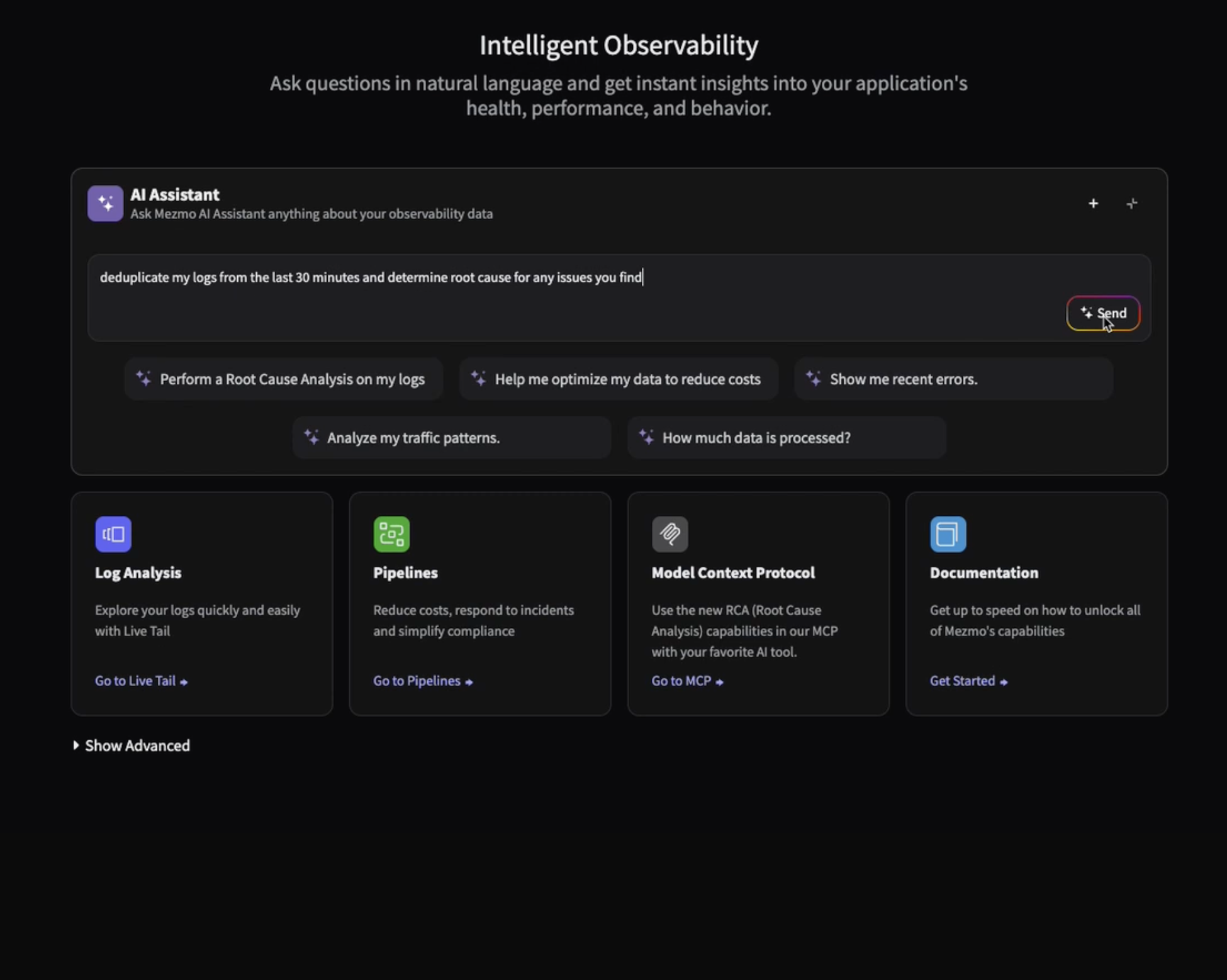
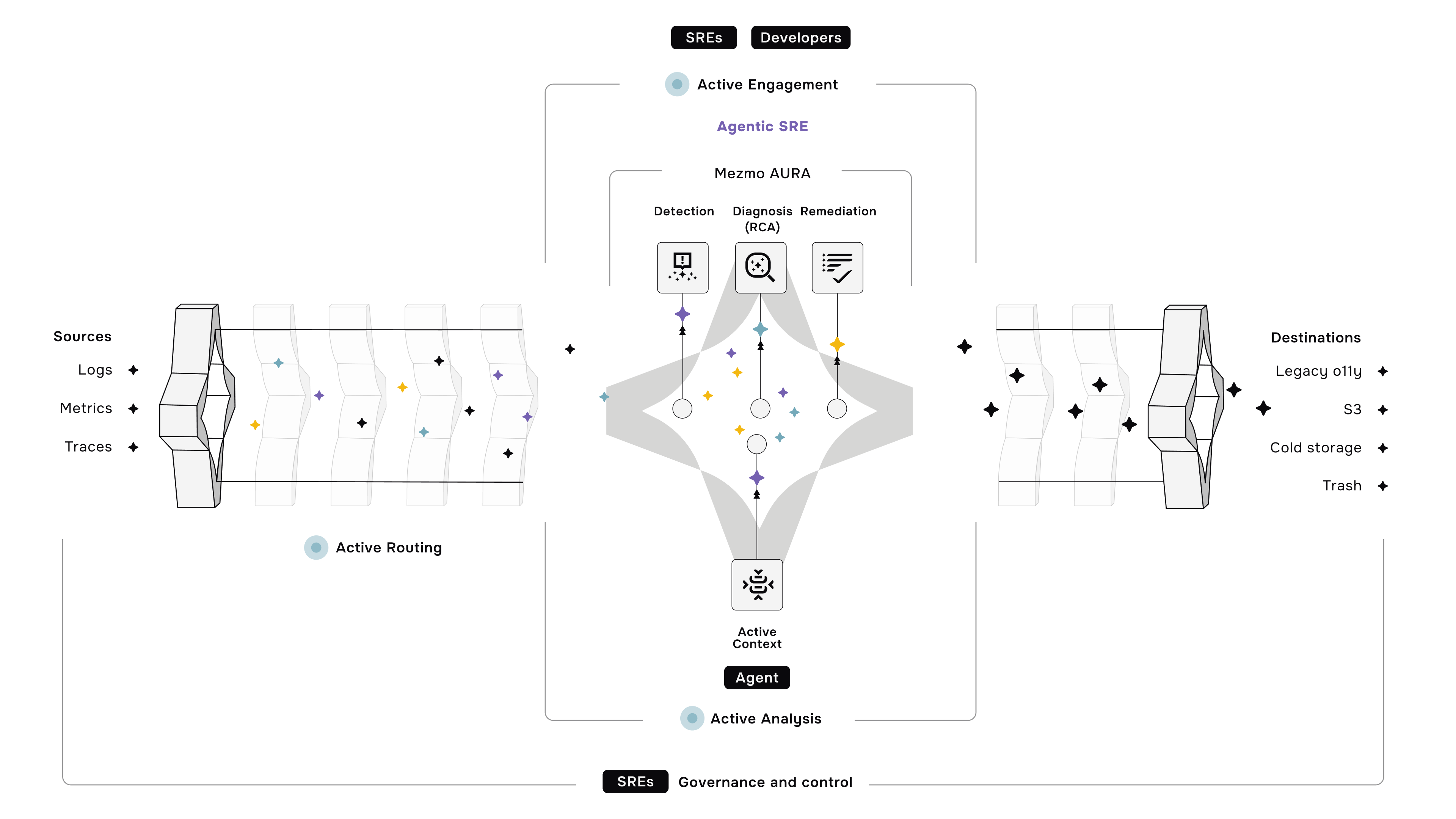






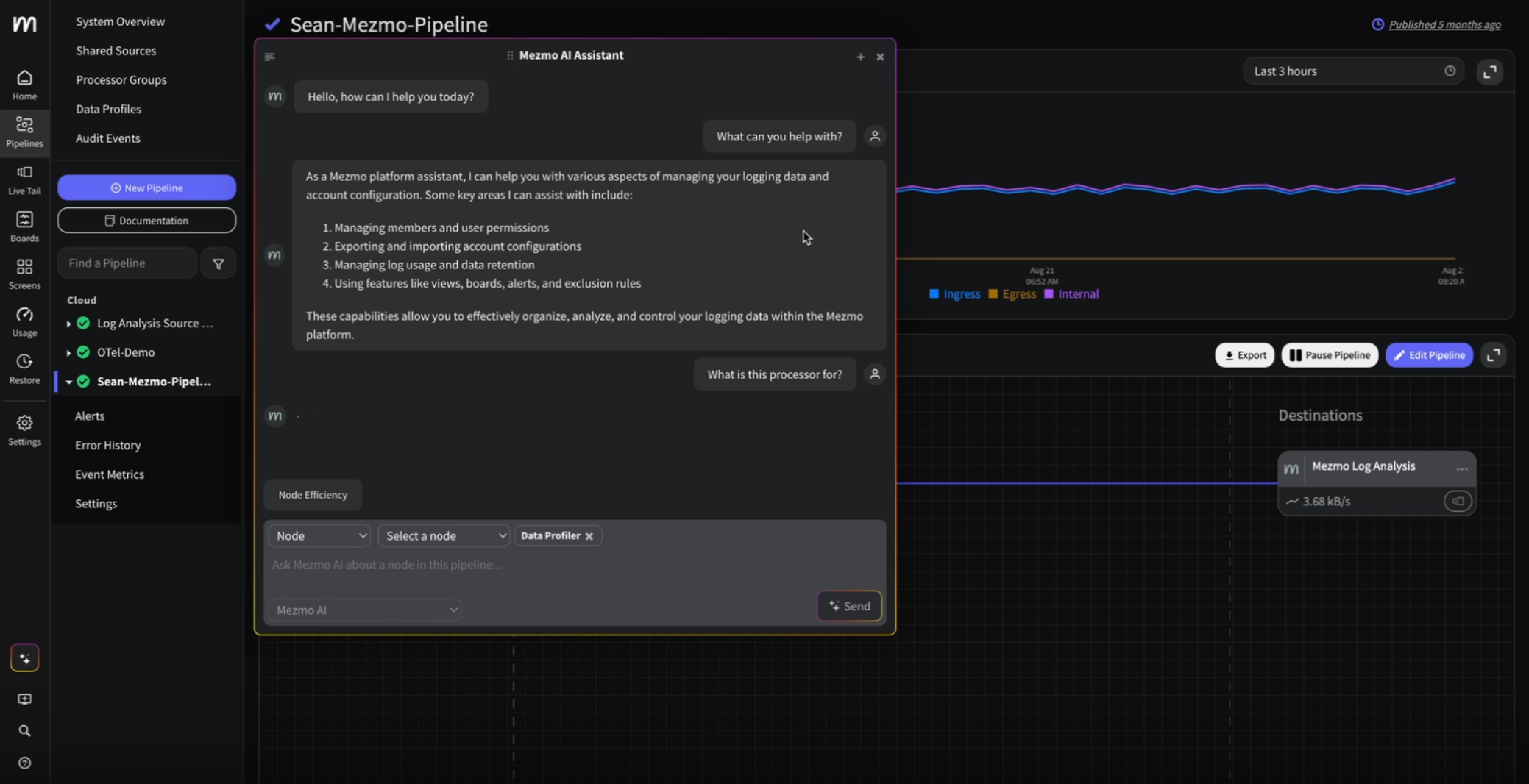
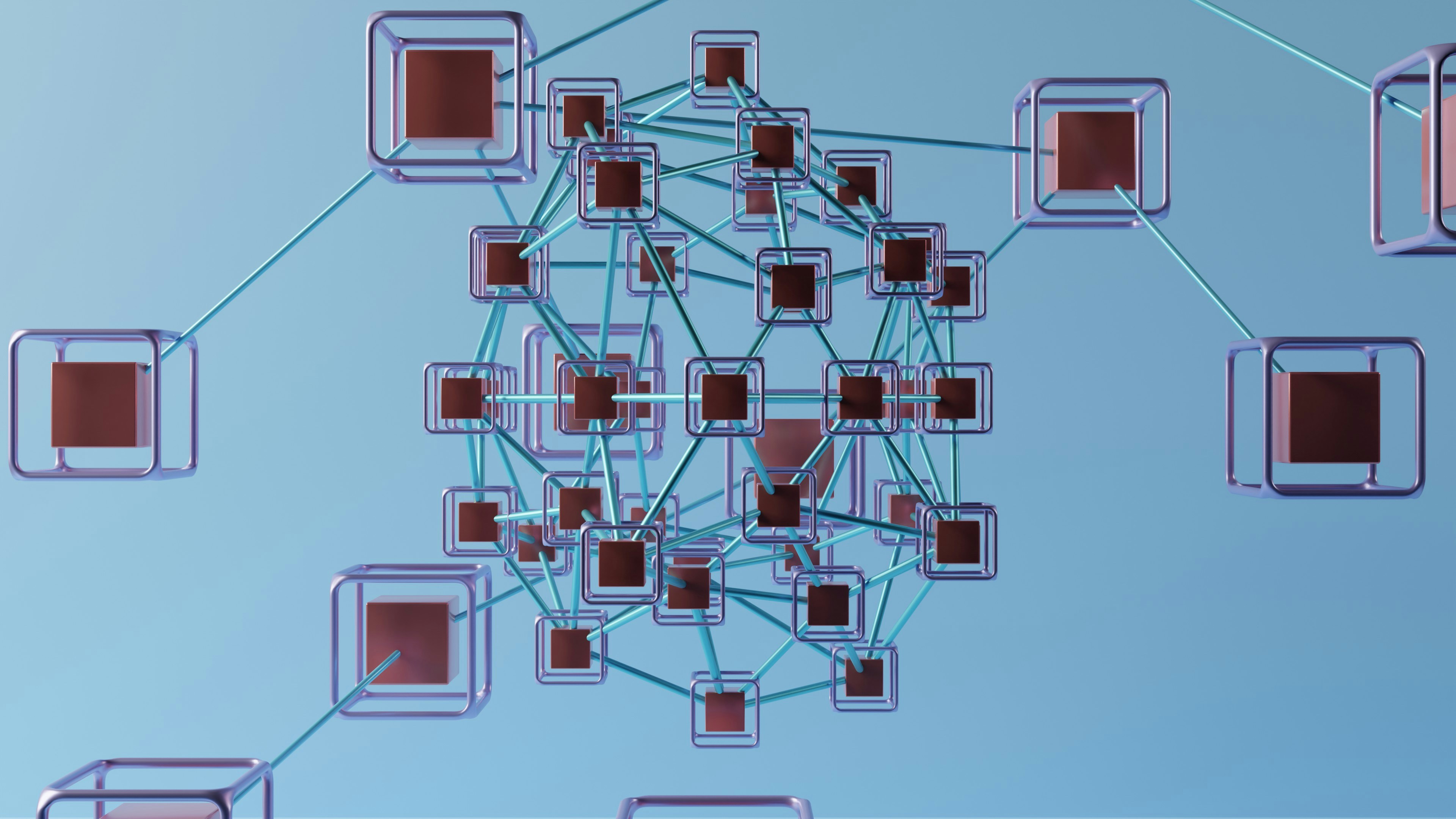

.png)




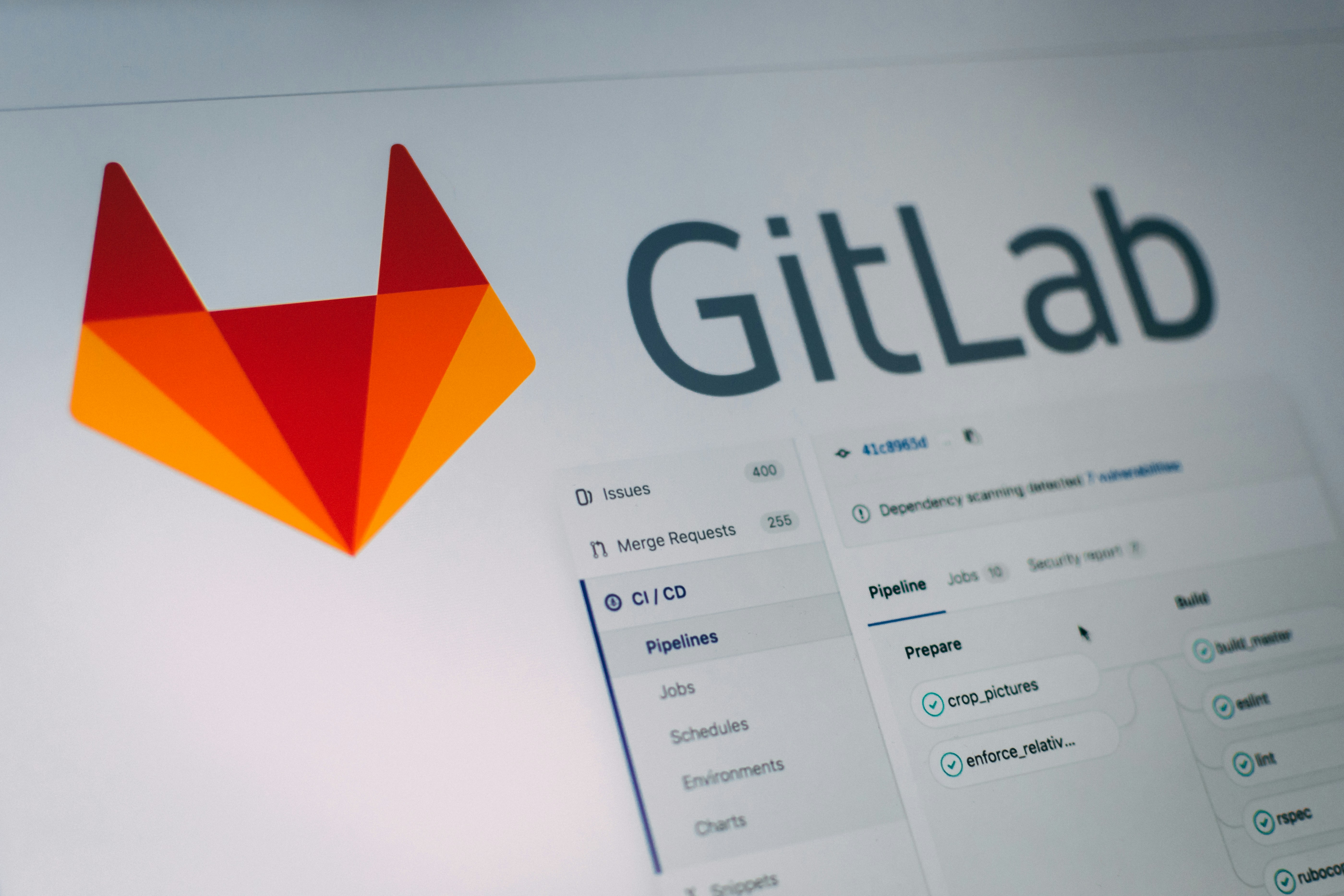
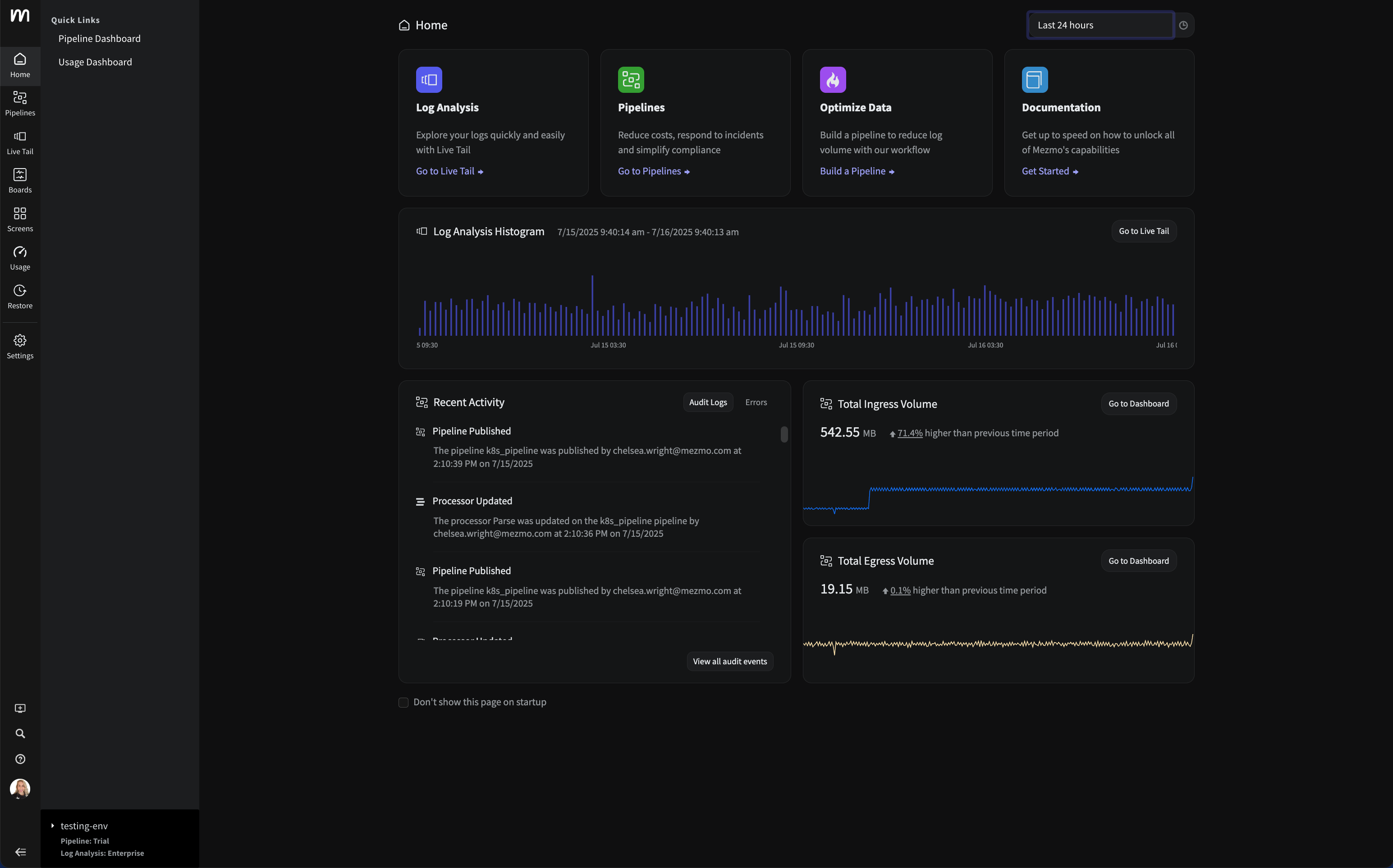


















.png)




























































